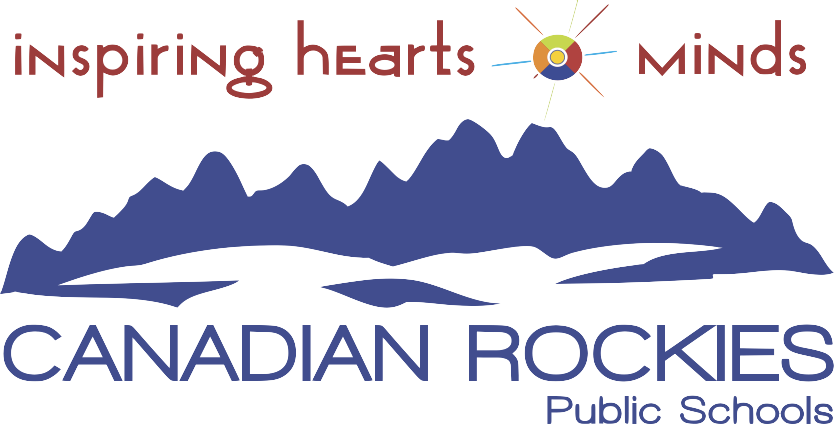The Science program includes both general and specialized academic science courses. All courses include laboratory work, technology and societal issues related to the science content. The wide variety of courses offers something for everyone. The courses that you will take depend on your interests, ability, and career plans. Most students do not know in Grade 10 what they want to do. However, by Grade 11 it is very useful to know the answers to the following questions:
Do I want to go to a university, technical school, or community college?
(If yes, 30 level courses are normally required)
Do I want to pursue a science related career? (If yes, two or all three of Biology 30, Chemistry 30 and Physics 30 are often required)
If you answered "yes" or "maybe" to the second question, you should plan ahead and take at least two sciences in Grade 11 and 12. Some students take all three of Biology, Chemistry and Physics to keep their options open. Be scientific – ask questions, collect information from books and people, analyze this information and evaluate. You might have to repeat this cycle several times as you find new information and develop new interests.
Science 10
5 credits
Prerequisite: 50 per cent in Science 9
Recommended: 70 per cent in Grade 9 Science
Science 10 is an integrated academic course that focuses on the key themes in science – energy, matter, change, systems diversity and equilibrium. Science content from Biology, Chemistry, Earth Sciences and Physics is integrated with scientific and technological problem solving and social issues. Science 10 consists of four units of study: Energy from the Sun, Matter and Energy in Living Systems, Matter and Energy in Chemical Change, and Energy and Change. All units of study involve extensive laboratory work, as well as group discussions and independent research. Science 10 is a prerequisite for all 20 level science courses. Science 10 is an academic program and is the prerequisite to placement in all 20 level science courses.
Science 14
5 credits
Prerequisite: none
Science 14 is a general science course, which attempts to illustrate the science technology society connections in the following core topics: body systems, household science, environment and technology. Elective topics may include reproduction, drugs, astronomy, photography or other topics determined by the interests and needs of the class. The mathematical skills required for this course are minimal. Students should not take Science 14 if they are currently enrolled in or have credits in another high school science course.
Science 24
5 credits
Prerequisite: 50 per cent in Science 14
Science 24 is a general Science course which covers the following core areas: Applications of Matter and Chemical Change, Understanding Common Energy Conversion Systems, Disease Defense & Human Health and Motion, Change & Transportation Safety.
Science 20
5 credits
Prerequisite: Science 10
Science 20 consists of four units of study:
- Chemical Changes
- Changes in Motion
- The Changing Earth
- Changes in Living Systems
This course is an excellent general Science choice for students who are interested in pursuing studies outside of STEM/STEAM at the post secondary level. Please confirm this course is accepted at your post secondary of choice.
Science 30
5 credits
Prerequisite: Science 20 or Bio 20, Chem 20, Physics 20
Science 30 consists of four units of study:
- Living Systems Respond to Their Environment B. Chemistry and the Environment
- Electromagnetic Energy
- Energy and the Environment
This course is an excellent general Science choice for students who are interested in pursuing studies outside of STEM/STEAM at the post secondary level. Please confirm this course is accepted at your post secondary of choice.



